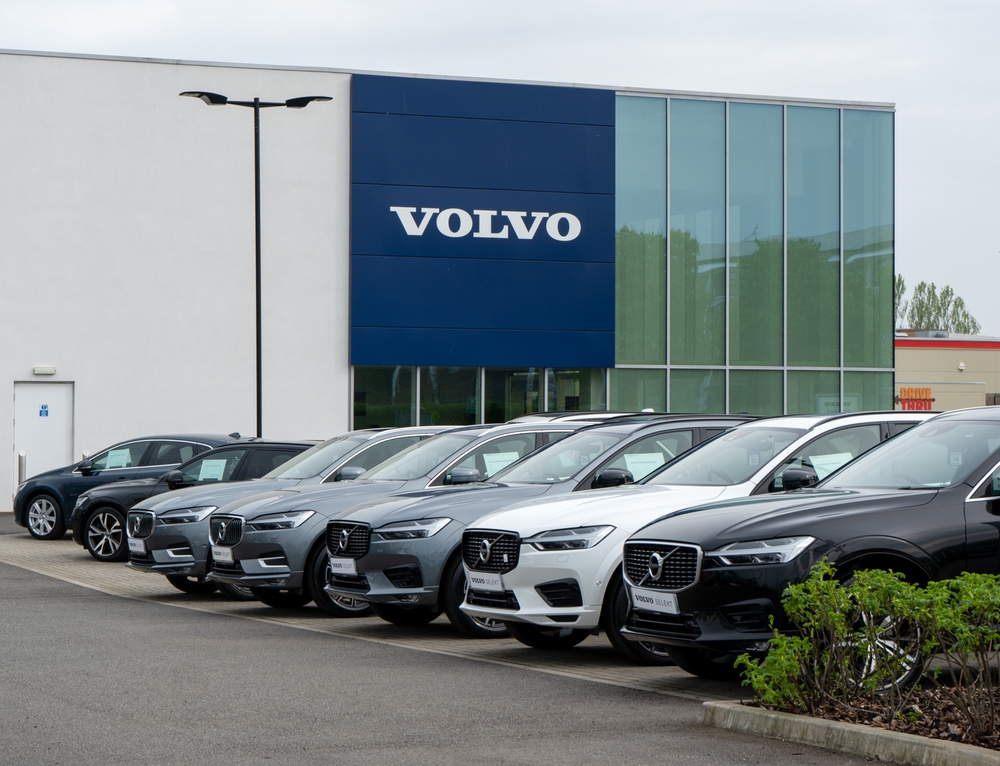Safety Standards Delay Full Self-Driving Features
Others are reading now
Volvo remains cautious about fully self-driving cars, as the brand does not consider current autonomous driving technology safe or reliable enough for public roads, writes Boosted.
Due to these safety concerns, no Volvo model is designed to operate entirely on its own.
Volvo’s Head of Safety, Claudia Zarra, states that achieving full autonomy would require ideal driving conditions that, in Volvo’s view, are not yet present.
She emphasizes that existing systems struggle with essential tasks like interpreting road markings, reading traffic signs, and adapting to varied road conditions.
Also read
Therefore, Volvo has postponed the launch of fully self-driving vehicles until the technology meets the company’s high safety standards.
Volvo started testing self-driving systems back in 2018, laying the foundation for its later developments in this area.
However, their research has shown that current technology requires substantial improvements to function without human intervention in real-world traffic.
The latest Volvo model, the EX90, also does not support full autonomy, partly due to ongoing software issues.
Even when these are resolved, the vehicle’s system will still require drivers to keep their hands on the wheel at all times.
Volvo plans to equip future EX90 models with a lidar sensor on the roof, which should improve the vehicle’s ability to detect and navigate surroundings independently.
This sensor technology aims to create a more accurate environmental view, enhancing overall safety.
Despite these advancements, fully autonomous Volvos remain a distant goal, as significant technological improvements are still required.
Volvo has yet to make the lidar sensor in the EX90 fully operational, indicating that self-driving technology is still under development.

